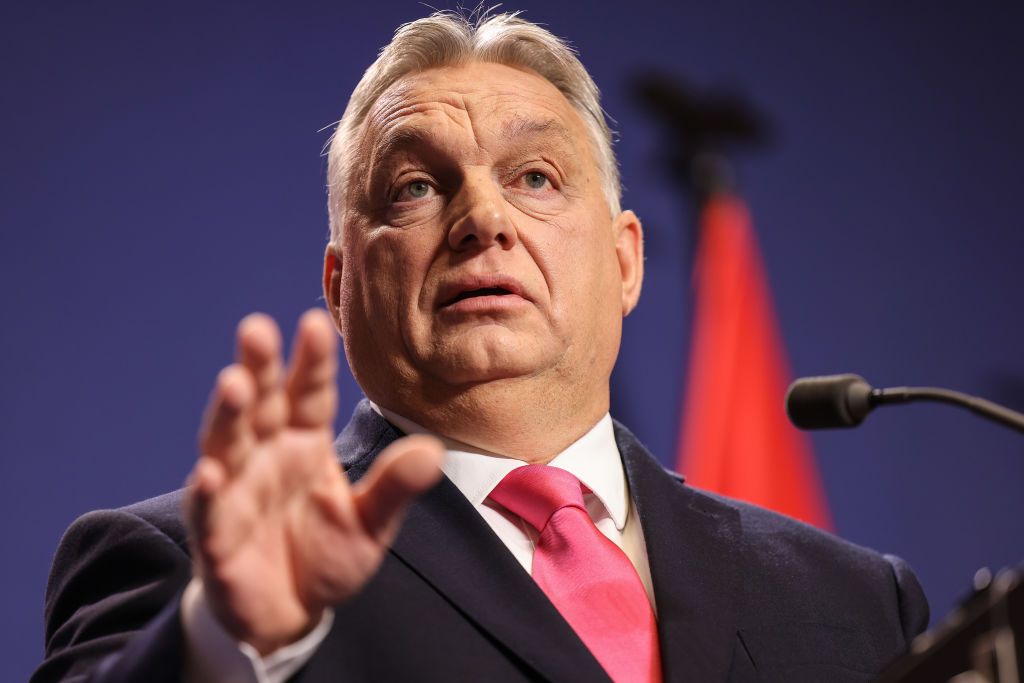BREAKING: All 27 EU leaders agree on 50 billion euro aid package for Ukraine

Editor's note: This is a developing story and will be updated.
All 27 leaders of EU member states agreed on an additional 50 billion euro ($54 billion) support package for Ukraine within the EU budget, European Council President Charles Michel announced on Feb. 1.
"This locks in steadfast, long-term, predictable funding for Ukraine," Michel said.
The crucial funding, known as the Ukraine Facility, was blocked during an EU summit last December by Hungarian Prime Minister Viktor Orban. A decision to provide the financial aid package was expected to be discussed during the European Council summit on Feb. 1.
"It is very important that the decision was made by all 27 leaders, which once again proves strong EU unity," President Volodymyr Zelensky reacted to the news on X.
"Continued EU financial support for Ukraine will strengthen long-term economic and financial stability, which is no less important than military assistance and sanctions pressure on Russia."
"A good day for Europe," European Commission President Ursula von der Leyen reacted on X. "The European Council delivered on our priorities."
As of 12 p.m. local time, Orban had not reacted to the news. Hours before the announcement, Orban published a photo of his meeting with EU leaders, including Michel, von der Leyen, German Chancellor Olaf Scholz, French President Emmanuel Macron, and Italian Prime Minister Giorgia Meloni.
Casual morning conversation before the #EUCO with @EmmanuelMacron @GiorgiaMeloni @Bundeskanzler @CharlesMichel and @vonderleyen . pic.twitter.com/eTnUH2jpcN
— Orbán Viktor (@PM_ViktorOrban) February 1, 2024
Polish Prime Minister Donald Tusk said on Jan. 30 that the EU will find a way to pass the package "with or without" the support of Orban. The same day, Orban begrudgingly signaled his willingness to drop his opposition to the aid package.
Ukrainian Prime Minister Denys Shmyhal also welcomed the decision and thanked Michel and EU leaders for their "unwavering support."
"EU Member States one more time show their solidarity & unity in the actions to Ukrainian people to withstand the war," Shmyhal said on X.
"Each of your votes is a significant contribution to our joint victory. A package of €50 billion until the end of 2027 is a guarantee of this."
Economy Minister and Deputy Prime Minister Yuliia Svyrydenko said the fact that the EU managed to reach an agreement is "a good signal for further steps for Ukraine's accession to the EU, no matter the challenges and difficult issues we face."
As an EU candidate country, Ukraine "learned from the example of the Ukraine Facility that the EU was created to overcome crises, where a common solution for all member states, institutions and stakeholders must be found."
The next steps will involve the European Council, European Commission, and European Parliament determining the final terms of the Ukraine Facility program, Svyrydenko said.
The European Parliament must then adopt the Ukraine Facility regulation during the plenary session scheduled for Feb. 26-29.














